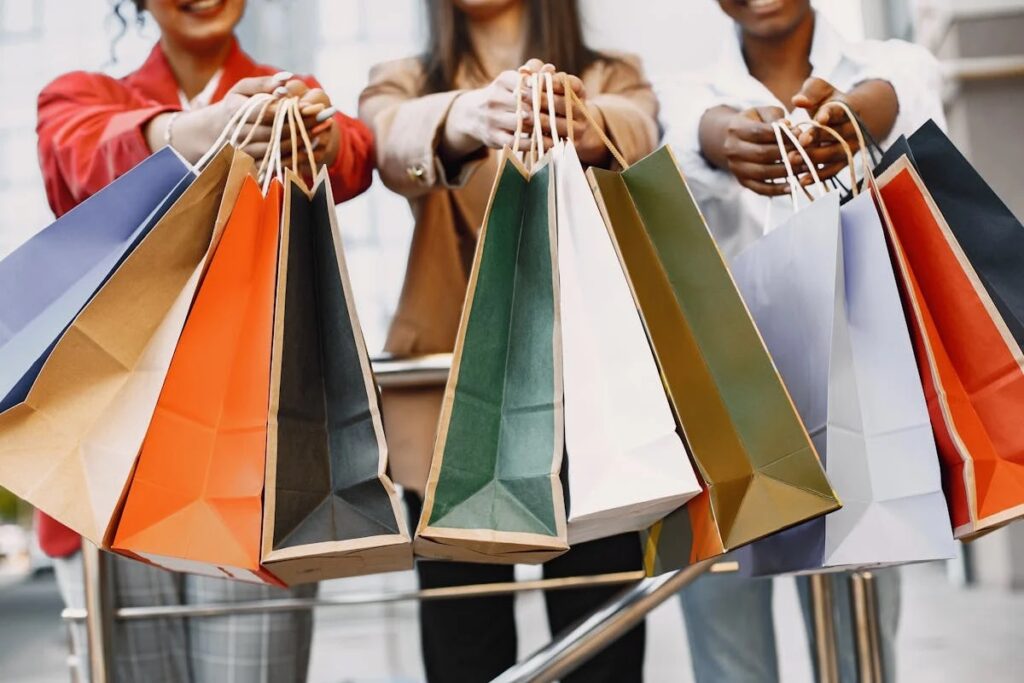
No one would argue that having enough is a bad thing. It’s good to know where your next meal is coming from, to have a roof over your head, to live without constant worry over basic survival. In fact, for most of human history, people dreamed of abundance. More food, more security, more choices—these were signs of prosperity, of progress. And yet, here we are, drowning in options, buried under an avalanche of stuff, and wondering why we feel so exhausted.
The modern world doesn’t just provide abundance; it manufactures hyper-abundance. Everywhere we turn, we’re bombarded with products, deals, and upgrades. You don’t just buy a toothbrush—you sift through dozens of varieties: soft-bristle, medium-bristle, charcoal-infused, ergonomic handle, electric, battery-powered, or rechargeable. And if you take too long to decide, an algorithm somewhere will nudge you with a suggestion: “People who bought this also liked…”
The promise of choice was supposed to make us happier, more fulfilled. But more often than not, it just makes us anxious. With every decision comes the nagging thought: Did I pick the best one? Should I have waited for a better sale? Could I have gotten a better version? And so we hesitate. Or we buy everything, just to be safe. Either way, we end up feeling drained, not satisfied.
This isn’t an accident. A satisfied customer stops shopping, and that’s bad for business. The economic machine thrives on endless consumption. Companies don’t just sell us what we need—they convince us to want things we didn’t even know existed. Every year, new models roll out before the old ones have even stopped working. The latest phone, the newest trend, the must-have gadget. The message is clear: What you have isn’t good enough. What you are isn’t good enough. But don’t worry—there’s a purchase that can fix that.
Of course, abundance itself isn’t the problem. We don’t want to go back to the days of rationing or bare shelves. But somewhere along the way, we lost the balance between having enough and having too much. We crossed a line where our choices stopped serving us and started overwhelming us.
That might explain why minimalism has gained so much traction. The growing urge to declutter, simplify, and step away from the noise is not a rejection of abundance, but a reaction to its excess. It’s the realization that more doesn’t always mean better—that sometimes, it just means more.
So where do we find the balance? Maybe it’s about being more intentional with our choices. Maybe it’s about recognizing when we actually need something and when we’re just chasing the thrill of buying. Maybe it’s about redefining abundance—not as the endless pursuit of more, but as the deep satisfaction of having enough.
Because in the end, having everything doesn’t make life richer. Knowing when to stop does.
Join us in making the world a better place – you’ll be glad that you did. Cheers friends.